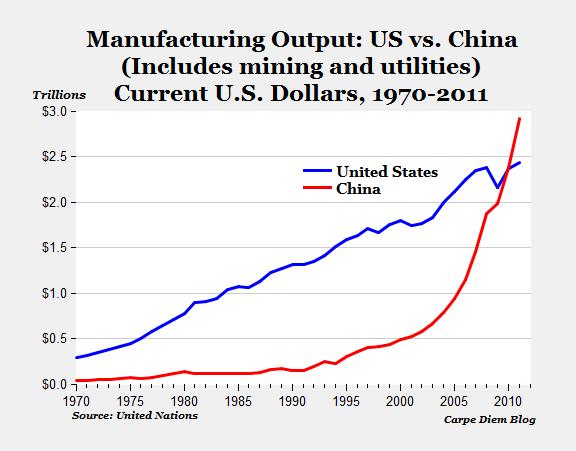I
want to talk about genocide affirmers rather than genocide deniers – and I’ll
try to explain what I mean by that.
Firstly,
I think that genocide denial has always been something of a shrill brand rather
a real force in the world. It had it’s hey day in 1970s France with Robert
Faurisson, a rather lame literary critic in the south of France who denied the
Holocaust, and was taken apart by, among other people, the French classicist
and structuralist Pierre Vidal-Naquet, who was also a left-winger. Vidal-Naquet
did not call for the legal prohibition of denial; instead he argued that
contempt is a much more effective weapon. Similarly, Deborah Lipstadt, the
author of History on Trial: My
Day In Court With David Irving (2005),
rails against genocide denial but is still opposed to criminalising it,
shuddering at the thought ‘that politicians might be given the power to legislate
on history’. I think that is a useful point to bear in mind.
The
decision of whether or not to criminalise genocide denial is, in a way, the key
free speech issue, the fundamental taboo. In that sense, it’s interesting that
there continue to be movements by governments to make genocide denial illegal.
France will probably try to push through the genocide denial law, despite it
being overturned by its constitutional court, and argue for restrictions on
what the French can and cannot say.
To
make it clear, I’m completely opposed to criminalisation of speech or, to be
more accurate, criminalisation of an idea – because that’s what this is. This
is governments saying that a certain idea – genocide denial – should be
illegal. I don’t think history is a matter for judges; it’s a matter for
historians. I think that the completely unrestricted and absolute right to free
speech is simply the best method we’ve got for getting closer to historical
truth with a capital ‘T’. We should not be criminalising ideas; we should never
be pragmatic about where we extend tolerance – it is a principal to be defended
at all costs.
I
am, however, concerned about the rapid expansion of the category of what you
might call ‘deniers’. We started with Holocaust deniers - now there are genocide
deniers, climate-change deniers and rape deniers. I think this is the case
because there’s a growing set of people who are affirmers. The deniers are, if
you like, the flipside of the intolerance of the affirmers, who are intolerant
of those who do not take the orthodox position on rape, climate change,
genocide or the Holocaust. When you brand somebody a denier you refuse to
discuss the issue. I’m not suggesting that bringing David Irving up here on the
panel would be in any way illuminating – trust me, it would not – but I am
saying that society should be free to discuss, in this case, the Holocaust in a
completely unrestricted way. No idea should not be off the table.




















.jpg)
